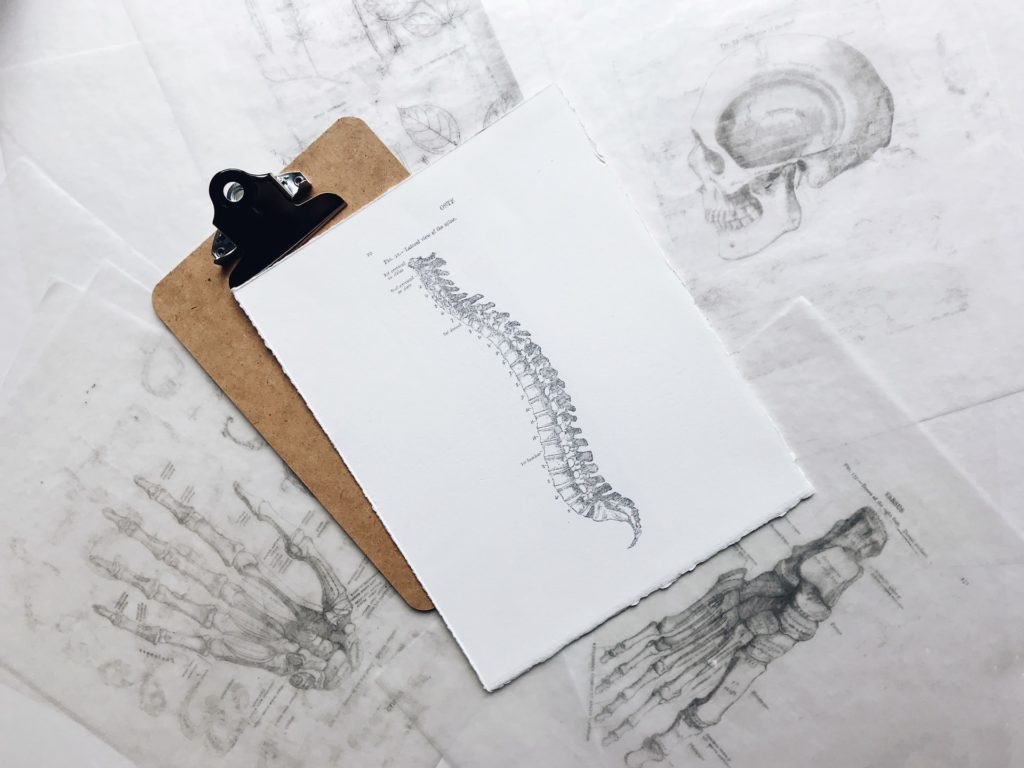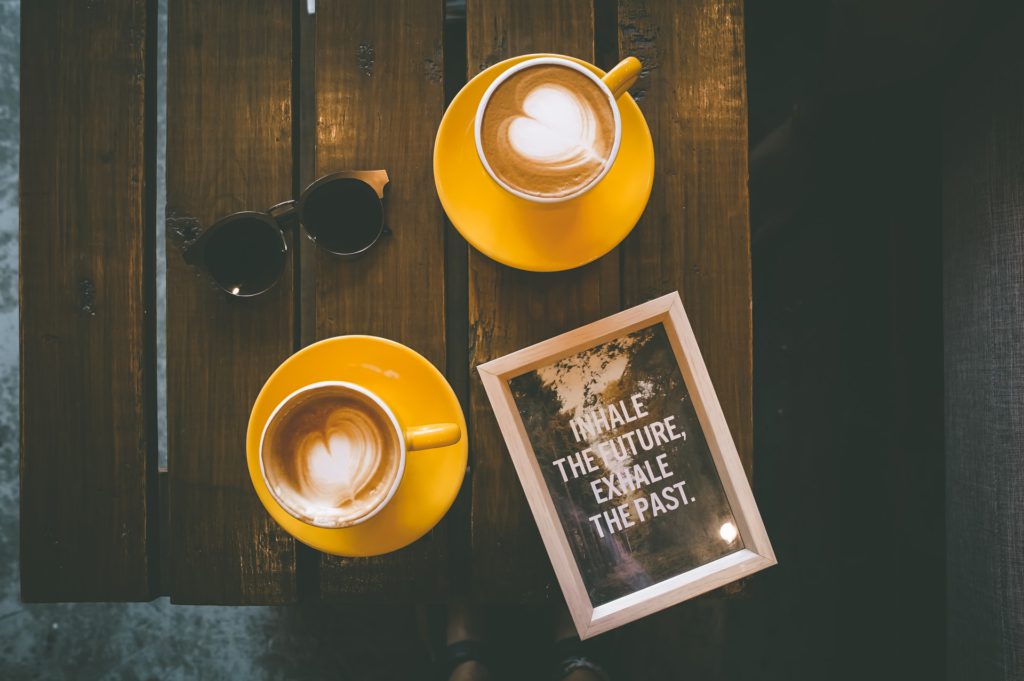Anya was answering her last mail before leaving her office to pick up her son from school daycare. Then suddenly, she felt her body freezing and her hands and legs going numb. That experience reminded her about the breathlessness, heavily pumping chest and cold hands that numbed her two weeks back. The inability to breathe panicked her. She felt it to be her last breath. But within few minutes, she got better and gained her ability to move. After her second attack, she visited the doctor and found that her panic attack was related to her building stress. Now she feared getting another attack. After the third episode, she was advised to visit a therapist. The counselling sessions helped her to understand that the emotional stress of balancing work and home was building within her, shutting her systems down. Through her sessions, she understood that now it was time to bring some significant changes in her life by working on her emotional wellbeing.
Physical symptoms are significant indicators of any underlying emotional suffering. Pain or disease that reoccurs even after taking sufficient rest or medical help, it is advisable to check the emotional health to find the cause. While focus must be on holistic wellness to create an optimum balance between the physical, psychological, professional, financial, and spiritual aspects, many prefer to cure an injury than emotional trauma.
Research shows that people from Middle Eastern and Asian countries do not give much significance to emotional wellness. They would prefer to hide than to seek help. They stay wedged into day-to-day life and rarely consider healing themselves emotionally. That becomes a significant reason for many physical illnesses.
In her book, Anatomy of the Spirit, Caroline Myss stated that we hold our emotional pain in our physical body, and we suffer through it till we do not try to resolve the emotional hurt gone through different stages of life. As she says, “This emotional force influences the physical tissue with our bodies. In this way, your biography – that is, the experiences that make up your life- becomes your biology.”

When it comes to women, emotional aid takes the last place on the priority list. They stay occupied in providing and attending to everyone and forget about their self-care. They constantly compromise personally and professionally to fulfil their responsibilities.
A highly talented recruitment consultant working as a freelancer settled in for less consultancy fee, and she self-justified that ‘my child is my priority, and I am okay in working at less amount than the market norms.’ She rarely failed on her deliverables. Due to her unavailability between 3 pm – 8 pm, she took a blow on her consultation fee. Even though she felt unappreciated and struggled with her confidence, she continued for her family and kids. She and I met during a workshop that I was holding for women on Positive and Progressive Mindset. During my talk, I spoke about emotional stress residing in the shape of physical pain. Later in the break, she asked me if her constant lower back pain could be due to some emotional blockage. She had been into multiple physiotherapy sessions that helped to some extent but never healed her completely. We later met for an individual counselling session when she discovered that a statement from her best friend – ‘you might not be able to survive professionally with this constant condition of working only for the half day’ – left a fear of losing her financial independence. Whenever she lost a project to her competitor, the fear looked real to her, and she never realized when it turned into anxiety.
As she identified her fear, she felt her body losing its stiffness and her back pain disappearing. After few more sessions, she felt liberated emotionally and highly active physically. She regained her confidence to manage her career and finances.
Psychological Breakdown
In psychology, the breaking point refers to the point where a person can no longer bear their pain or frustration, and a level can also be reached where a permanent change is required to be made. This is typically related to stressful situations and/or high emotional loads, in which a person is forced to cope with an extreme challenge. The breaking point for each person can be different.
As a result, some people respond particularly well to stressful situations, while others have a much lower breaking point. A particularly stressful time, such as losing a job or a serious medical condition, can lead individuals to the point where they break up. That could lead to an emotional breakdown resulting in anxiety and depression. A breaking point, however, does not necessarily have to lead to a negative result. With awareness and discernment, it can also stimulate significant positive life changes.
Change can be one of the most favourable points in life.

Let go of the painful habits and behavior
Why do we struggle to let go of the behaviours and habits that we know no longer serve us? Why we find change to be hard? Though it is difficult to recognize, the reason is often that we do not want to disrespect the pain caused by the un-serving behaviour. We start enjoying the pain and find comfort in it.
A woman betrayed by her partner may feel justified in expressing through aggression because it is the only way she finds comfort within her pain. Behaviour that might result in a loss of job or connections gives relief, and it feels safe as it protects from getting cheated again. “I better keep people away than let someone hurt me again emotionally,” said a lady in one of the group discussions on emotional wellbeing.
Changing a habit takes double of an effort. It disturbs our usual ways of responding, requires consistent yet mindful efforts, and has a high number of initial disappointments. The suffering is within both situations, but by working towards a new habit, there is an option for bringing positive results.
Self-awareness is crucial in breaking and developing any behaviour. And it is the awareness that leads to progressive liberation from whatever we hold. Self-awareness develops the distinction between pain and pleasure and acts as a guiding force to let go.

I don’t even know how I ended up here, but I thought this post
was great. I do not know who you are but certainly you’re going to a famous blogger if you are not already 😉 Cheers!